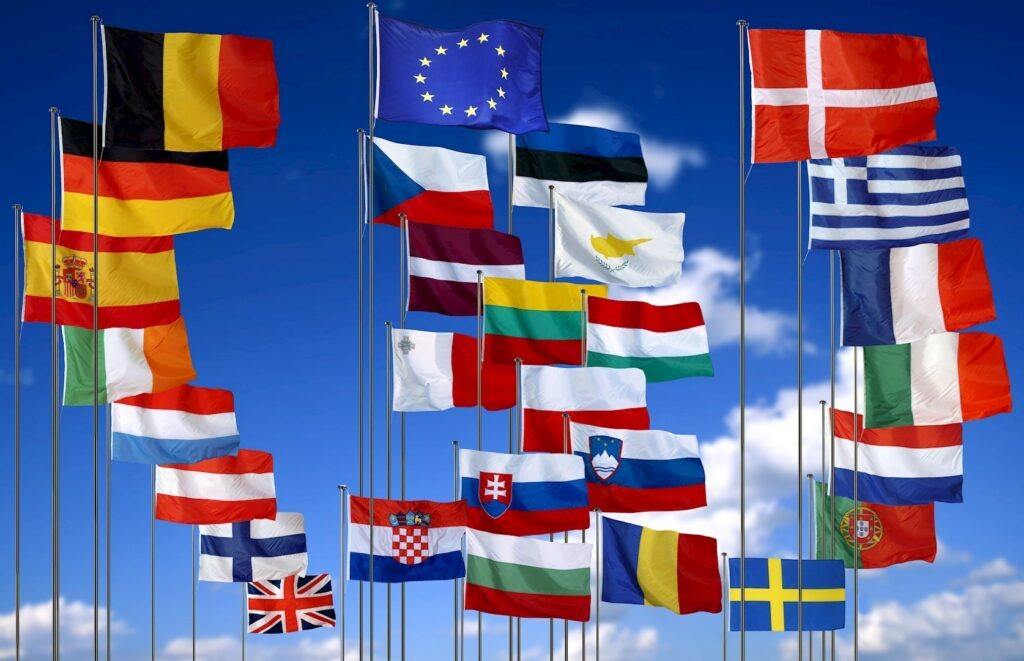When it comes to renewables, the EU should think locally
The EU has set ambitious targets for carbon neutrality under the Green Deal, requiring dramatic shifts in the way energy is produced and used. But if it really wants to be a leader in the renewables revolution, Europe should place more emphasis on domestic solutions that generate jobs as well as energy.
Fortunately, it has at least one homegrown renewable energy source with a track record of reducing dependence on imported fossil fuel and animal feed: EU ethanol.
Made from European feedstock, renewable ethanol is an important source of income for EU farmers. Its production is part of an agriculture-based, circular bioeconomy that will be essential to meeting the ambitious goals set out in the EU Green Deal – which Commission President Ursula von der Leyen called the “Europe’s man-on-the-moon moment.”
The need for Europe to take the lead not just in promoting renewables but also in producing them was highlighted more recently by Fatih Birol, the head of the International Energy Agency. In comments to EURACTIV, Birol warned that Europe should avoid a potential “jobs versus climate” confrontation and said that EU COVID-19 recovery efforts offered the chance to boost employment in renewables technologies.
Birol is not the only one calling for a greater emphasis on local supply chains for renewables. POLITICO recently reported that EU politicians are expressing concerns about offshoring of renewables. In one such example, French Ecological Transition Minister Élisabeth Borne said it was “not acceptable” for French renewable energy to rely on Asian batteries, and declared that “one of the lessons to be learned from this crisis is that we need to accelerate the reindustrialization, relocalisation of these technologies … in France and in Europe.”
Renewable ethanol production creates jobs and boosts rural development across the EU as it helps Member States meet their commitments for renewable energy in transport and reduced carbon intensity of transport fuels. The biorefineries that make ethanol from crops for fuel and industrial and hygienic use also produce high-protein, GMO-free animal feed and captured CO2. This domestic production not only ensures a stable supply of industrial and fuel ethanol, but also offsets Europe’s need to import animal feed from outside the EU.
The COVID-19 crisis has underlined the importance of such local production. This was reflected in the relative speed with which European ethanol producers shifted some production from fuels to ethyl alcohol for hygienic uses and even in some case to production of hand-sanitising gels – assuring a domestic supply at a crucial time.
By thinking locally, the EU can ensure that it doesn’t rely on imported technology and goods to achieve its energy and environment goals.
